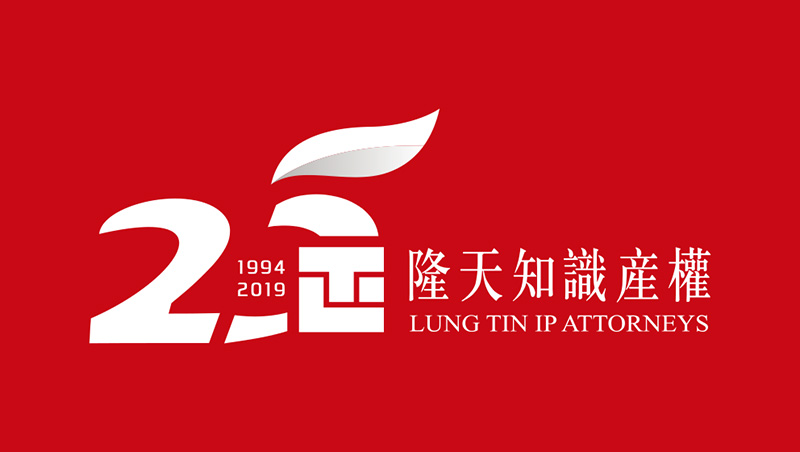
"Since the entering into force of the ever first Chinese patent act in 1985, China has continuously developed and improved its IP protection. Its efforts in this regard can stand scrutiny even in comparison with developments in Japan and Republic of Korea," said Joseph Straus, Professor of Law at the University of Munich, recognizing China's IP achievements made in the past 40 years in an interview with China Intellectual Property News recently.
In his eyes, the development of China's IP protection could be characterized by the following aspects: on the one hand, China has continuously further developed the necessary statutory ramifications in practically all fields of intellectual property; on the other hand, it has also succeeded in raising awareness of the importance of an effective use of intellectual property instruments for protecting research results in the country as well as abroad. "Patent statistics are telling: among the top 500 patent applicants in the world for artificial-intelligence-related inventions, there are 167 universities, 110 of which are from China and in the ranks from 1 to 10 are all Chinese. Moreover, for instance, the Chinese Academy of Sciences is number 17 in the world in filing AI related patent applications," said Straus.
According to him, China has also undertaken important steps regarding the judicial infrastructure. "In 2014, China introduced specialized courts for hearing IP cases. Already in 2013, the Supreme People's Court (SPC) of China launched the China Judgements Online website and required that all judicial opinions issued on and after January 1, 2014, with a few exceptions, be uploaded to the website. This move of the SPC has provided a remarkable transparency of the Chinese IP cases," added Straus.
"I am aware that China is at present considering the introduction of punitive damages in case of willful patent infringements. Once the decision in favor of punitive damages will be taken, it may be even predominantly a sign to create positive changes in China's IP system to stimulate and protect genuine Chinese innovation." Straus said.
"No IP system is perfect. Whereas during the stage of infancy of IP developments in China, the IP protection for sure was not very effective, this has changed in the course of time," Straus said, adding that in a bid to strengthen IP protection, China has invested a lot in educating and training of judges and has introduced IP courses at many universities, such as Tongji and Peking.
"During the last decades, China has experienced a very remarkable development in the area of IPRs protection. However, many things have still not be finalized," Straus concluded.
PROFILE
Joseph Straus, Prof. of Law (Univ. of Munich and Ljubljana); Dir. of the Max Planck Institute for IP and Competition Law, Munich (2001-2009); Chair, Managing Board of the Munich IP Law Center (MIPLC) (2003-2009); Since 2009 Emeritus Scientific Member of the Max-Planck Institute for Innovation and Competition; Chief Overseas Expert of Zhongnan University of Economics and Law, Overseas Expertise Introduction Center for Intellectual Property Discipline Innovation in the New Era of Science & Technology Revolution, Wuhan (2018-); Hon.Dir. of the IP Inst. of the Tongji Univ., Shanghai; Hon.Prof. at that Univ., Hon.Prof. at Huazhong Univ. of Science and Technology (HUST), Wuhan, Xiamen Univ., Xiamen; Graduate Institute of IP, Taipei; Marshall B. Coyne Visit.Prof. of Int. and Comp. Law, George Washington Univ. Law School, Washington D.C. (2001-2019); NIPMO-UNISA Chair for Intellectual Property, University of South Africa (UNISA) Pretoria (2011-2016); Visiting Professor, Tsinghua University School of Law, Beijing (2015-2017); Author or co-author of more than 350 publications. Consultant to OECD, WIPO, UNCTAD, UNIDO, EC-Commission, World Bank, the German Bundestag and the German Gov., as well as the Europ. Parliament, the Europ. Patent Org., the Swiss Gov. and the Swiss Federal Inst. for IP. Holder of numerous national and international academic and governmental awards.


